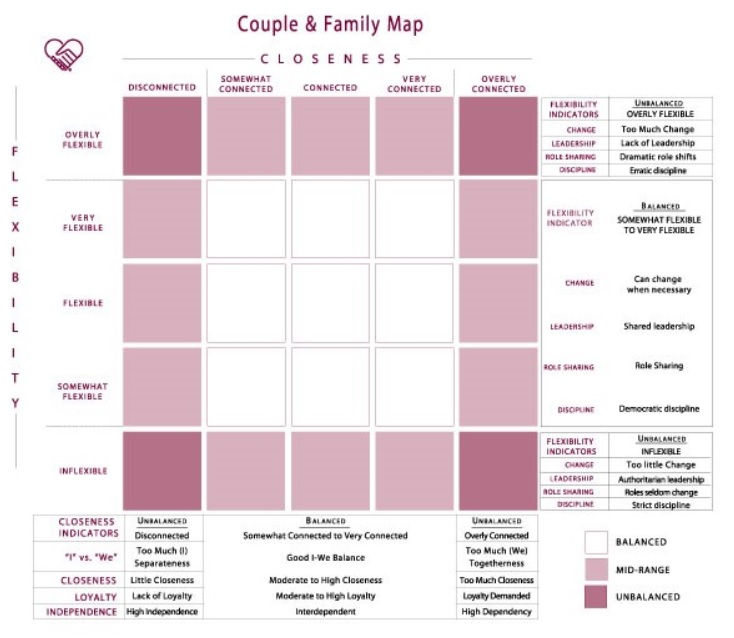How to develop healthy defense mechanisms
- rogerlinpsyd
- Nov 10, 2023
- 3 min read
Defense mechanisms are unconscious psychological responses that protect you from feelings of anxiety, threats to your self-esteem, and things that you don't want to think about or deal with.
Undeveloped defense mechanisms
1. Repression: Repression is when you push unwanted thoughts and feelings out of your awareness. We can repress feelings of anger, fear, and shame.
2. Projection: Projection is when you attribute your own thoughts or emotions to someone else. We can project feelings of anger, blame, or resentment towards others.
3. Displacement: Displacement is when you redirect your emotions to a less threatening target. This can lead to negative behaviors towards innocent parties. For example, a person who is upset at work may take out their anger on their partner or children.
4. Regression: Regression is when you revert to behaviors from your childhood. Regression may look like acting out, tantrums, or difficulty managing emotions.
5. Acting out: Acting out is expressing your emotions through physical actions rather than with words.
6. Narcissism: Narcissism is when you project a grandiose or overly positive self-image. This includes feelings of superiority and entitlement, and a lack of empathy and emotional connection with others.
7. Splitting: Splitting is when you categorize people and experiences as either entirely good or bad.
8. Shame: Shame is when you have pervasive feelings of worthlessness.
9. Denial: Denial is when you avoid or ignore reality.
10. Rationalization: Rationalization is when you make excuses. You deny your responsibilities and the impact you have on others and blame others for your own mistakes.
11. Dissociation: Dissociation is mentally and emotionally removing yourself from the situation.
12. Reaction formation: Reaction formation is taking up the opposite emotion and behavior.
Developed mature defense mechanisms
1. Humor: Humor is finding levity in difficult situations.
2. Problem-solving: Problem-solving is finding solutions to problems.
3. Social Support: Social support is reaching out and communicating with others.
4. Mindfulness: Mindfulness is intentionally staying in the present moment.
5. Altruism: Altruism is connecting to something larger than yourself.
6. Sublimation: Sublimation is channeling negative impulses into a productive behavior.
7. Suppression: Suppression is consciously modulating unpleasant thoughts, feelings, or memories. This includes stopping thought patterns, self-control, impulse control, and emotional control.
How to develop healthy defense mechanisms
1. Self-awareness: Make a list of your own defense mechanisms. Pay attention to your thoughts, feelings, and behaviors when you are faced with difficult situations.
2. Counseling: A counselor can help you see and understand your defense mechanisms and provide support as you work to develop them.
3. Learn and practice new coping skills: Such as relaxation techniques or problem-solving strategies.
4. Examine your beliefs: Unhealthy defense mechanisms often stem from negative beliefs about oneself. For example, if you believe that can't handle difficult things, then you would continue repression and denying difficult realities in your life. Challenge negative beliefs and replace them with positive beliefs.
5. Develop a productive relationship with yourself: Understand yourself. Your thoughts, feelings, desires, beliefs, and behaviors. What are you doing? Why do you do the things you do? What do you want? What are you feeling?
6. Commitment: Maturing is long-term process and requires commitment and effort.
Practical steps
1. Journal: Write down your experiences, emotions, and insights. This can help you become more aware.
2. Meditation: Think about your thought patterns.
3. Breathing: Take the intentional step to simply be still and breathe.
4. Process past experiences: Take the time to reflect on your life experiences, both positive and negative. Learn from how you responded to different situations.
5. Ask for feedback: Ask trusted friends, family members, or colleagues for feedback on your relational and communication style. People can provide you insight that you may not see yourself.

Comments